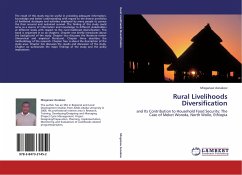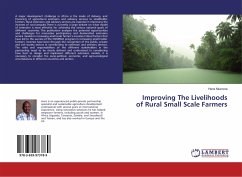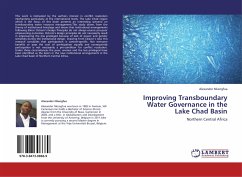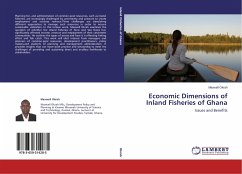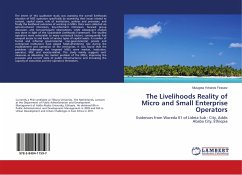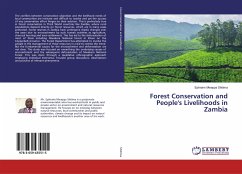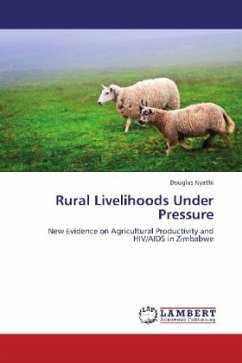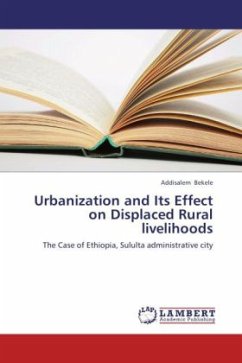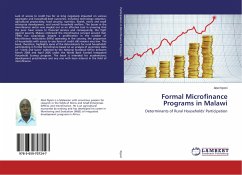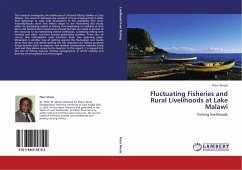
Fluctuating Fisheries and Rural Livelihoods at Lake Malawi
Fishing livelihoods
Versandkostenfrei!
Versandfertig in 6-10 Tagen
52,99 €
inkl. MwSt.

PAYBACK Punkte
26 °P sammeln!
This research investigates the livelihoods of artisanal fishing families at Lake Malawi. The research addresses the question of how artisanal fishers adapt their behaviour to cope with fluctuations in fish availability that occur naturally.Results show that fishers adapt to the fluctuating fish stocks either by specialising mainly in fishing and emphasing on mobility so that short and medium term movements around the lake are made in pursuit of the resource; or by maintaining diverse livelihoods, combining fishing with farming and other non-farm income generating activities. There are, of cour...
This research investigates the livelihoods of artisanal fishing families at Lake Malawi. The research addresses the question of how artisanal fishers adapt their behaviour to cope with fluctuations in fish availability that occur naturally.Results show that fishers adapt to the fluctuating fish stocks either by specialising mainly in fishing and emphasing on mobility so that short and medium term movements around the lake are made in pursuit of the resource; or by maintaining diverse livelihoods, combining fishing with farming and other non-farm income generating activities. There are, of course, also intermediate cases between these two opposing poles. Movement is another way of getting around the fluctuation and results show that over and above getting the fish migration for fishing purposes brings benefits both to migrants and resident communities migrants bring cash and they allowe access to the beaches. In this regard, it is argued that this sort of fishing requires minimal management, in which mobility and diversity are recognised and encouraged.



